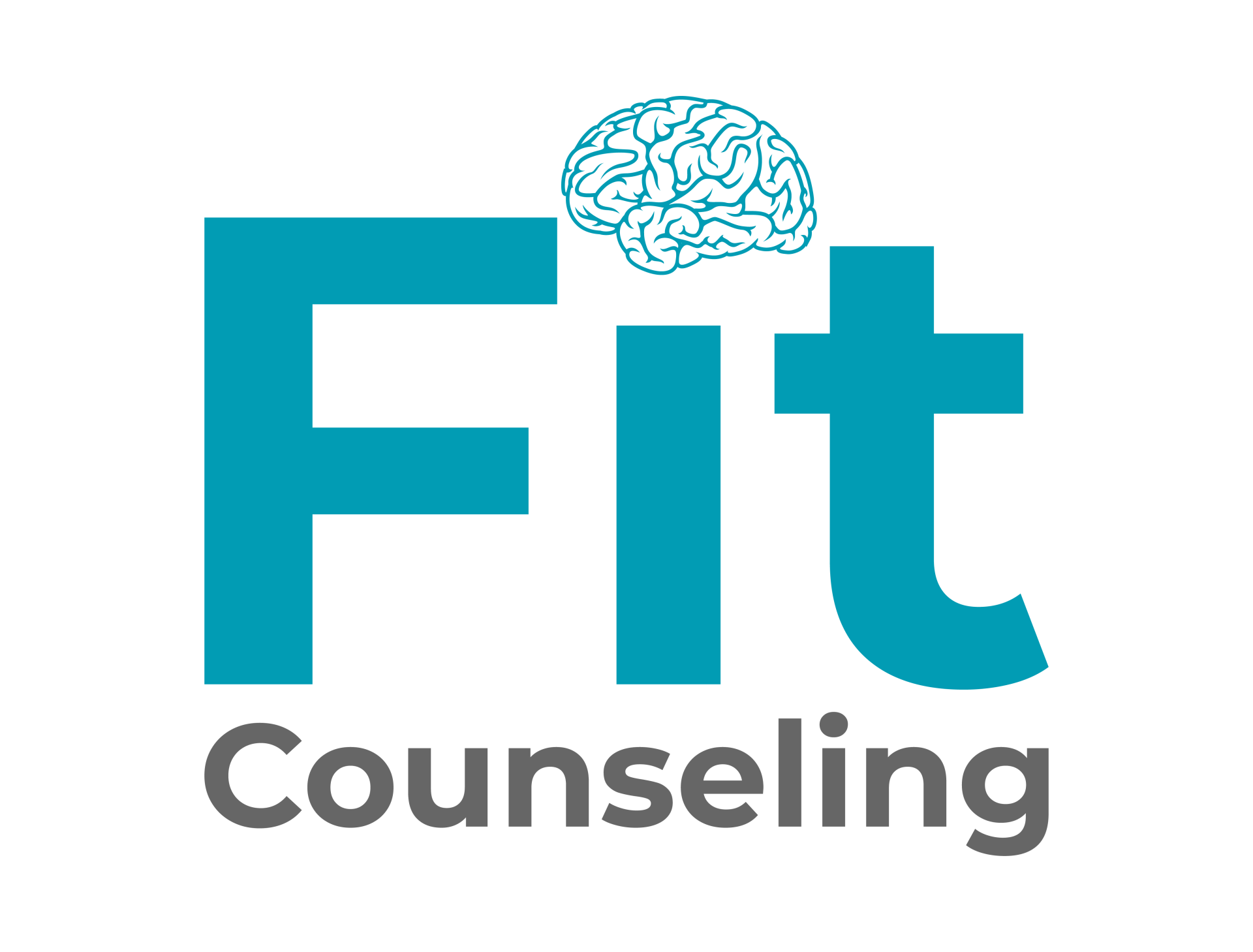Transforming Your Life with Cognitive Behavioral Therapy (CBT): A Guide to Positive Change
What is Cognitive Behavioral Therapy (CBT)?

Do you ever find yourself reacting strongly to situations, your emotions taking the reins? Do you wish you could be more patient, have better self-control, and see things from a more objective perspective? If so, you might want to explore the world of Cognitive Behavioral Therapy (CBT). CBT is a widely recognized term in the mental health community, but what exactly is it, and how can it help you take charge of your thoughts and emotions? Let's dive into the world of CBT to understand its principles and how it can empower you to change for the better.
The Foundation of CBT
Cognitive Behavioral Therapy, or CBT for short, is a psychological technique developed by Dr. Aaron Beck at the University of Pennsylvania. At its core, CBT is based on the idea that our thoughts influence our feelings, which in turn affect our actions and, ultimately, our outcomes. This concept is often represented as the CBT triangle, with a triggering event at the center and interconnected thoughts, emotions, and actions influencing each other.
Distinguishing Between Thoughts and Feelings
It's essential to understand the difference between thoughts and feelings in the context of CBT. Thoughts are complete sentences that run through your mind, while feelings are single words that encapsulate your emotional state. In CBT, therapists use clients' personal stories and experiences to help them recognize and reflect on their thought processes effectively.
Exploring Core Beliefs
A key aspect of CBT is examining our core beliefs, which shape the thoughts we generate. These core beliefs pertain to how we see ourselves, our perception of the world, and our views on others. For instance, individuals struggling with depression often process information negatively, using core beliefs like feeling unworthy and blaming themselves for events, even when they are not at fault.
CBT Interventions and Cognitive Restructuring
CBT offers several interventions, including environmental, pharmaceutical, behavioral, and cognitive approaches. Cognitive restructuring, a central component of CBT, aims to modify the content of a person's thoughts. It targets cognitive distortions, which are patterns of negative or inaccurate information processing. Some common cognitive distortions include:
- Rationalization: This distortion involves making excuses for behaviors or actions you shouldn't engage in, such as having that extra drink when you know you shouldn't.
- Overgeneralization: Overgeneralizing ignores the nuances and subjectivity of different events, leading to skewed perspectives.
- All or Nothing Thinking: This distortion involves seeing everything in black and white, neglecting the middle ground or moderate emotions.
- Discounting the Positive: A prevalent distortion among those with depression, this involves dismissing positive aspects of a situation or personal achievements.
Challenging Cognitive Distortions
In CBT, therapists work with clients to challenge cognitive distortions by asking questions like: Is the thought rational? How important is it? Is it a helpful thought? By introspecting and addressing these distortions, individuals can shift their thought patterns and improve their emotional responses.
Practical Application of CBT
The next time you find yourself reacting strongly to a situation, try a bit of CBT with yourself. Identify the specific thought in your mind, recognize the emotions it triggers, and ask questions like: What's the evidence that this thought is true? Am I blowing it out of proportion? Am I unfairly assigning blame? What could happen if I act on these thoughts? Are there alternative explanations? Or are there exceptions to this thought? These questions can be invaluable tools for navigating everyday life and managing reactive situations with a newfound CBT mindset.
Cognitive Behavioral Therapy is a powerful tool for transforming your thought patterns, emotional responses, and, ultimately, your life. By recognizing and challenging cognitive distortions, you can take control of your reactions, become more patient, and see the world from a more objective perspective. So, give it a try, and embark on your journey to a more positive and empowered life with the mindset of CBT.



